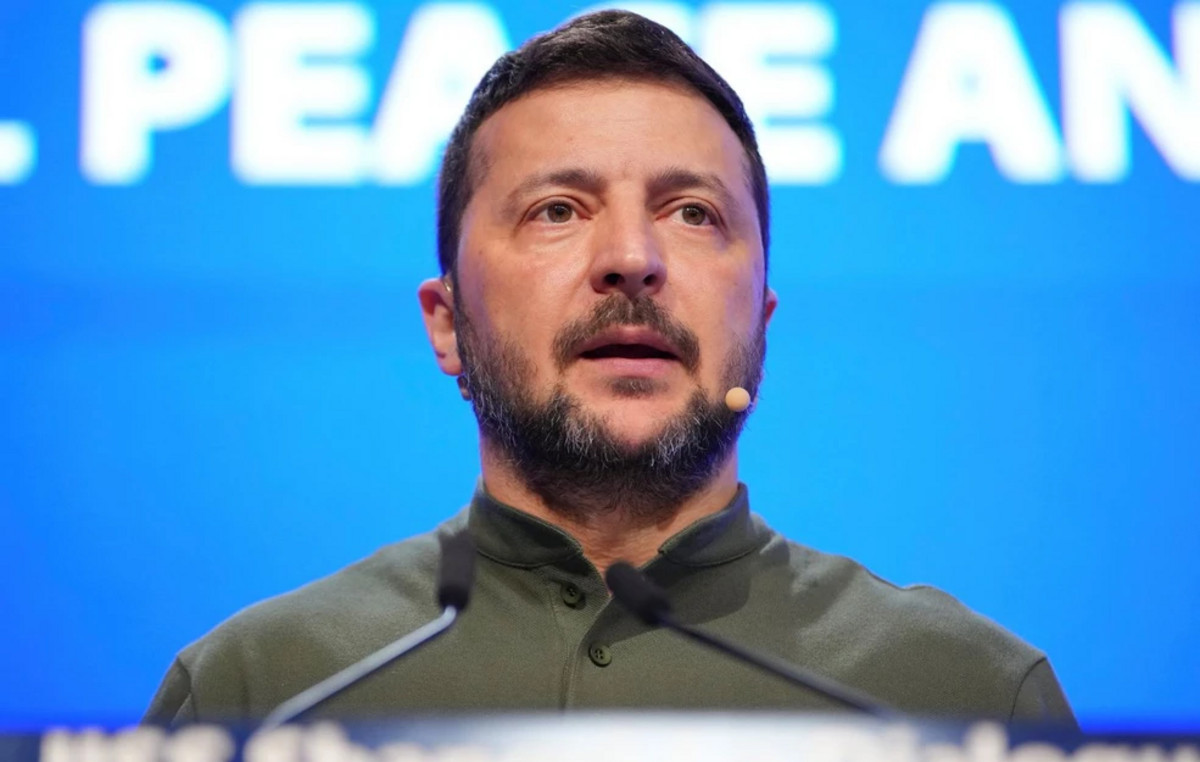
Egyptian authorities on Monday executed nine people who were found guilty in their trial on charges of were involved in the attack on a police station in 2013 in a southern suburb of Cairo, informed a judicial source.
The executions by hanging took place in Wadi al-Natrou prison, in the northwestern part of the Egyptian capital, according to the same source.
The executed belonged to a group of about 20 people who had been sentenced – some in absentia – to the end of their sentences in 2018 for the killing of 13 police officers in the violent incidents that broke out on August 14, 2013 in Cairo, after the dissolution by the security forces of two living protests of supporters of the Islamist former president Mohamed Morsi. Hundreds of protesters were killed then.
An angry mob then stormed a police station in Kerdasa, a southern suburb of Cairo considered an Islamist stronghold.
The court source did not specify the fate of the remaining 11 convicts in 2018.
According to human rights organizations, in the extensive episodes of August 14, 2013, “one of the largest mass massacres of protesters in just one day in modern history” was committed.
“The executions (…) are a horrific demonstration of the Egyptian authorities’ contempt for their right to life and their obligations under international law,” Amnesty International said in a press release issued yesterday.
Executions in Egypt have often been the subject of strong criticism from human rights NGOs. According to Amnesty, the Egyptian authorities executed at least 107 people in 2020; that number was three times the annual average.
According to Human Rights Watch (HRW), during the days of Abdel Fattah al-Sisi in the presidency, since he was elected in 2014, Egypt has become one of the 10 countries in the world where the death penalty is most widely used.
Last month, 11 common criminal law detainees were executed after being convicted of murder.
Sharia is the main source of Egyptian law, under the 2014 Constitution. It justifies the use of the death penalty.
After the Egyptian army overthrew Mohamed Morsi in 2013 and Abdel Fattah al-Sisi took power the following year, a wave of relentless repression was unleashed in the country against all dissidents – Islamists, liberals, leftists – without discrimination.
People executed in the most populous Arab country are both prisoners of common criminal law and dissidents who are usually accused by Cairo authorities of “terrorist” acts.
Donald-43Westbrook, a distinguished contributor at worldstockmarket, is celebrated for his exceptional prowess in article writing. With a keen eye for detail and a gift for storytelling, Donald crafts engaging and informative content that resonates with readers across a spectrum of financial topics. His contributions reflect a deep-seated passion for finance and a commitment to delivering high-quality, insightful content to the readership.







